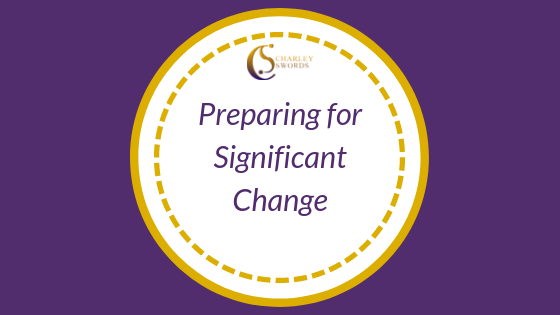Successful change which brings long-lasting benefits to your organisation can be difficult to implement.
Managing such a change project – which will ultimately become a program of change in your organisation, resulting in all changes being embedded in the day-to-day operations, needs a clearly defined process. Also, to be successful, it needs you to bring your people with you through every stage of the process.
There is major change all around you, determined either by internal factors which you can most likely understand and control, or by external factors over which you have absolutely no control and a myriad of potential interpretations of what it could mean. In both circumstances, you need to determine whether you will deal with the change and its consequences reactively or proactively.
Proactively is by far the best approach, even when you don’t have all the information or know the final outcomes. This approach sees you planning for change, ideally developing up to three possible scenarios for your organisation while trying to keep up to date with developments.
The reactive approach is where you would respond to change only when you have to, by which time it is usually too late.
Any change needs to be well managed and at the outset you need to consider the basic principles for success:

When managing change, you need to engage with your employees from the outset as they are the implementers of all change and you will not be successful without them.
People react differently to change depending on their own personal circumstances, their understanding of the process and the impact the change could have on them. Some will be open to the change and others will naturally resist – but whatever happens, you will need to manage your people with respect, inclusion and clear and consistent communications.
More about how to manage your people through change in my next blog…

Did you find this article helpful?
Let me know what you think about this post in the comments box below.

